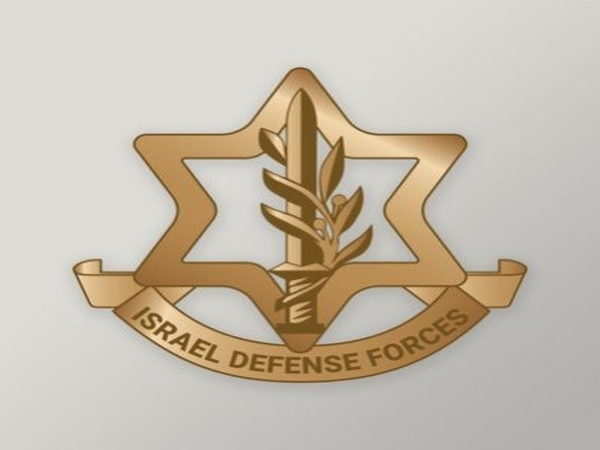"No shred of evidence was shared, it was all politically motivated": Indian envoy Sanjay Kumar Verma on India-Canada Row
Oct 24, 2024

New Delhi [India], October 24 : Indian envoy Sanjay Kumar Verma, who was recalled by the Centre as Trudeau Government's actions "endangered safety" of Indian diplomats, has said that not a shred of evidence was shared by the Canadian authorities over their allegations concerning an assassination on their soil and it was ill-conceived targeting of India through politically motivated allegations.
In an exclusive interview with ANI, Sanjay Verma emphasized that India, being a "responsible democracy," does not have a policy to harm any country and does not interfere in the internal matters of other nations.
Verma noted that the Khalistani extremists based in Canada are Canadian citizens who wield significant political influence in the country.
"If you look at the entire episode, and we have always been maintaining that there is no shred of evidence shared with us, I feel it is largely politically motivated and an ill-conceived targeting of India. We are a responsible democracy. We do not have a policy to interfere in the internal affairs of any country," he said, answering queries.
He further stated that these Khalistani extremists and terrorists are neither pro-India nor pro-Canada and are damaging relations between India and Canada.
"The Khalistani extremists and terrorists out of Canada are Canadian citizens. So, they have a lot of political influence there and they have veiled it often. They impress upon various political parties to have their own views. That dependence certainly smells of conspiracy against India. These Khalistani extremists and terrorists are not pro-India but they are also not pro-Canada. They are destroying relations between India and Canada," he added.
He also expressed his pain at allegations against him.
"It was painful as I had gone there to further improve the ties between the two nations and allegations were levelled against me--that too, such a dirty allegation that might have a bad repute to my country. I don't care about my reputation but no one should slander my country. It feels bad that I was not successful in the work for which I went there but I also feel that if my nation's interests are harmed, then it is my duty to protect my country."
Amid worsening ties between the two countries, India had earlier this month "strongly" rejected a diplomatic communication from Canada suggesting that the Indian High Commissioner and other diplomats were "persons of interest" in an investigation and termed it as "preposterous imputations" and part of the political agenda of the Justin Trudeau government.In a hard-hitting statement, India said Prime Minister Trudeau's hostility to India has long been in evidence and his government has consciously provided space to violent extremists and terrorists "to harass, threaten and intimidate Indian diplomats and community leaders in Canada".
India had had expelled six Canadian diplomats hours after it summoned Canada's Charge d'Affaires Stewart Wheeler and conveyed that the "baseless targeting" of the Indian High Commissioner and other diplomats and officials in Canada was completely unacceptable.
India underlined that in an atmosphere of extremism and violence, the Trudeau Government's actions endangered their safety.
"We have no faith in the current Canadian Government's commitment to ensure their security. Therefore, the Government of India has decided to withdraw the High Commissioner and other targeted diplomats and officials," MEA said in a release.
The ties between India and Canada soured after Trudeau alleged in the Canadian Parliament last year that he has "credible allegations" of India's hand in the killing of Khalistani terrorist Hardeep Singh Nijjar.India has denied all the allegations, calling them "absurd" and "motivated" and has accused Canada of giving space to extremist and anti-India elements in their country.Nijjar, who was designated a terrorist by India's National Investigation Agency in 2020, was shot and killed outside a Gurdwara in Surrey in June last year.
Canadian Prime Minister Justin Trudeau had also said earlier this month that his government had not provided India with hard evidence but just intelligence regarding the killing of Khalistani terrorist Hardeep Singh Nijjar on Canadian soil.Testifying at Canada's foreign interference inquiry, Trudeau said India has been insisting on evidence over allegations levelled by Canada.
"Behind the scenes (were trying) India to co-operate with us. Their ask was...give us the evidence you have on us. Our response was it is within your security agency. You should be looking into how much they know, you should be engaging... 'No, no but show us the evidence'. At that point, it was primarily intelligence, not hard evidentiary proof. So we said let's work together...," he said.
















